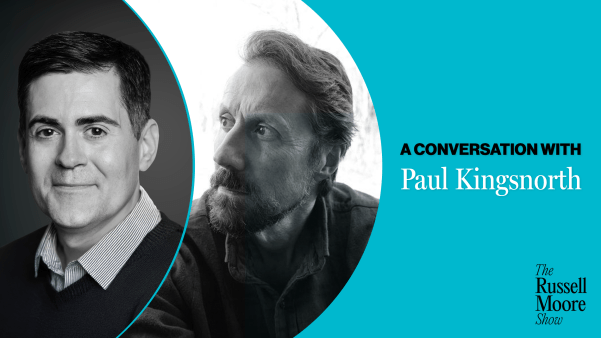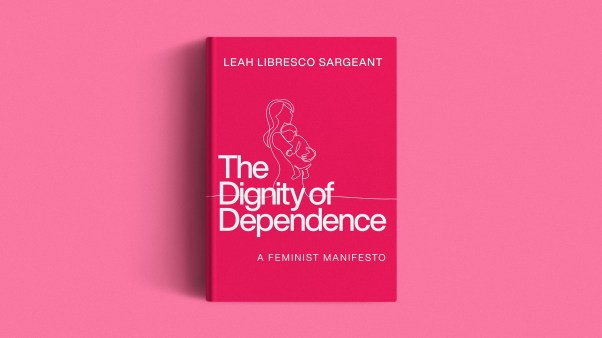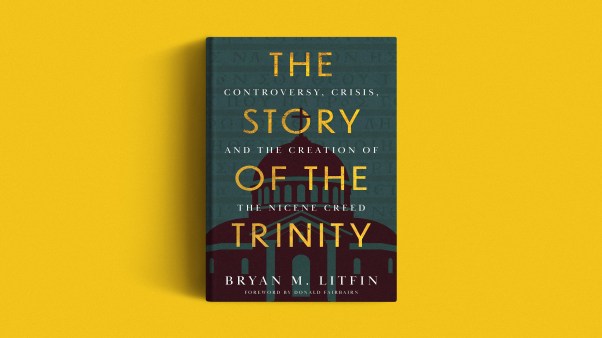As more details of Osama Bin Laden’s death emerge, a debate about the value of torture to gain intelligence has been revived, Wednesday’s front page of The New York Timessuggests.
AFP reports that the U.S. has downplayed the role of torture in the bin Laden hunt. Former Bush aides suggested bin Laden’s death “justifies” torture, The Guardianreports.
Surveillance, not waterboarding led to bin Laden, argues Spencer Ackerman of Wired. It seems possible harsh interrogation tactics could have been used, says Chris Good of The Atlantic. There isn’t enough information to prove either side’s point, Joshua Keating suggests at Foreign Policy.
Two issues related to ethics came from President George W. Bush’s memoir last year. He said that seeing his mother’s miscarried fetus shaped his philosophy of life. He also said he personally approved the use of waterboarding.
In his book, titled “Decision Points,” Bush recounts being asked by the CIA whether it could proceed with waterboarding Mohammed, who Bush said was suspected of knowing about still-pending terrorist plots against the United States. Bush writes that his reply was “Damn right” and states that he would make the same decision again to save lives.
A 2009 study suggested that evangelicals were the most likely religious group to justify torture. Around 60 percent of evangelicals said use of torture against suspected terrorists can often or sometimes be justified. The Pew Forum on Religion and Public Life survey found that 50 percent of Catholics 46 percent of white mainline Protestants said the same thing.
The same year, however, Richard Land of the Southern Baptist Convention’s Ethics & Religious Liberty Commission said that waterboarding is torture and and “violates everything we stand for.” In 2006, CT published a cover story on “5 Reasons Torture Is Always Wrong.” In 2007, the National Association of Evangelicals board of directors affirmed the Evangelical Declaration Against Torture.








